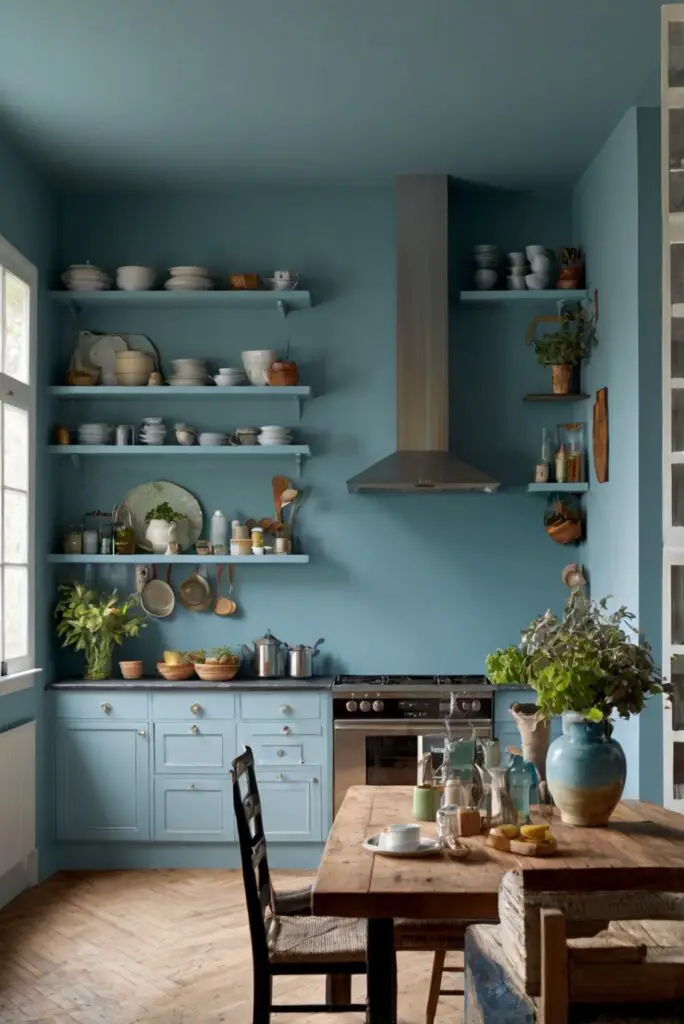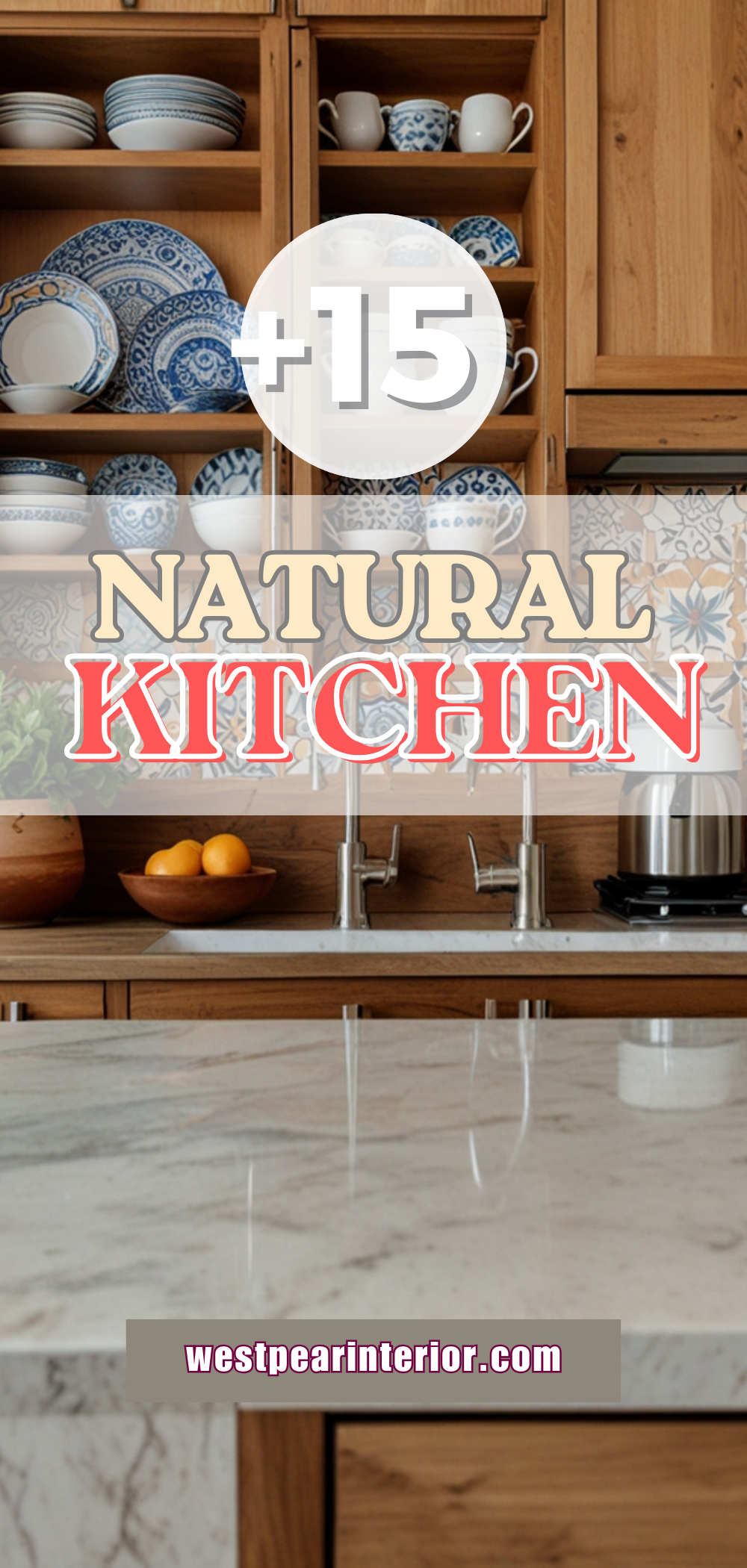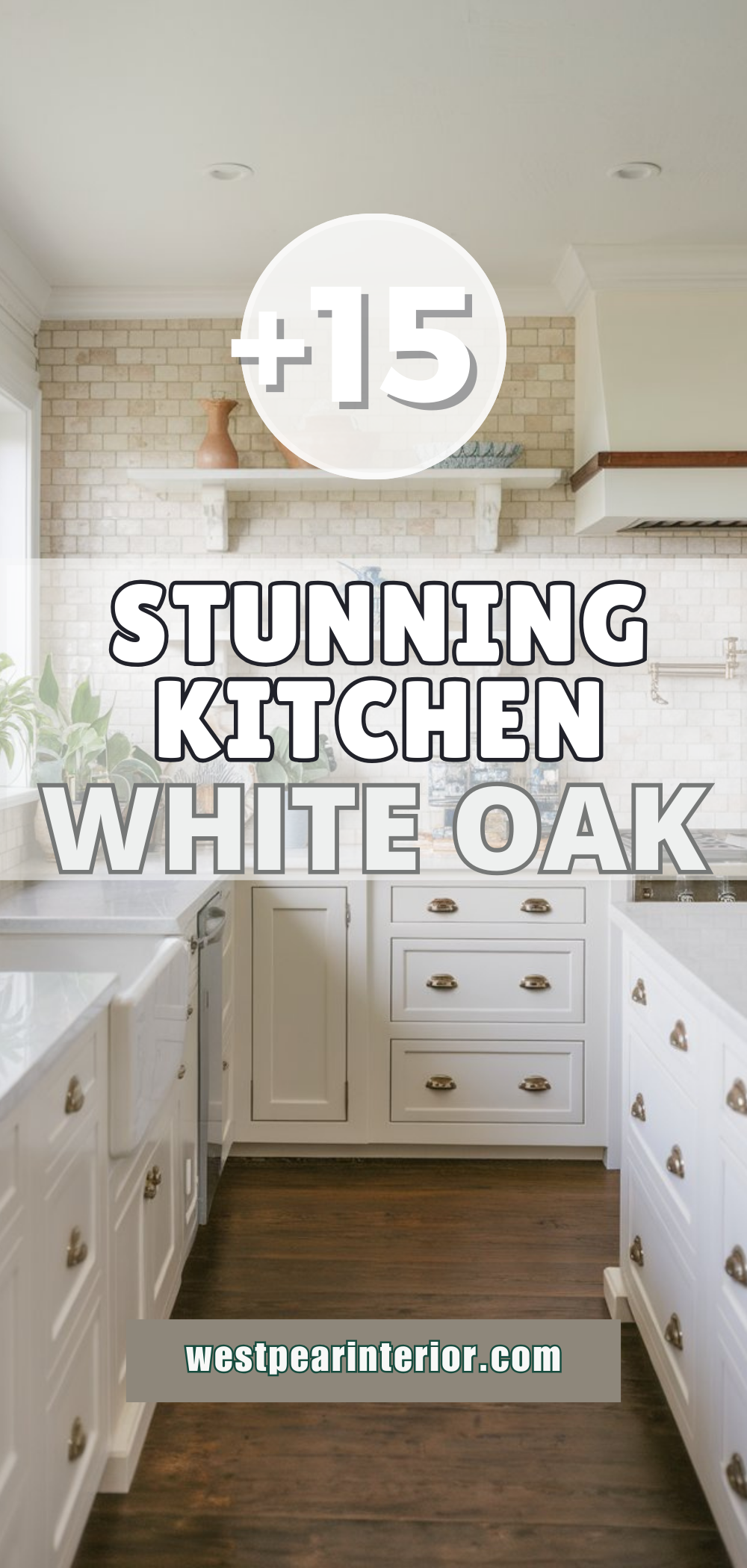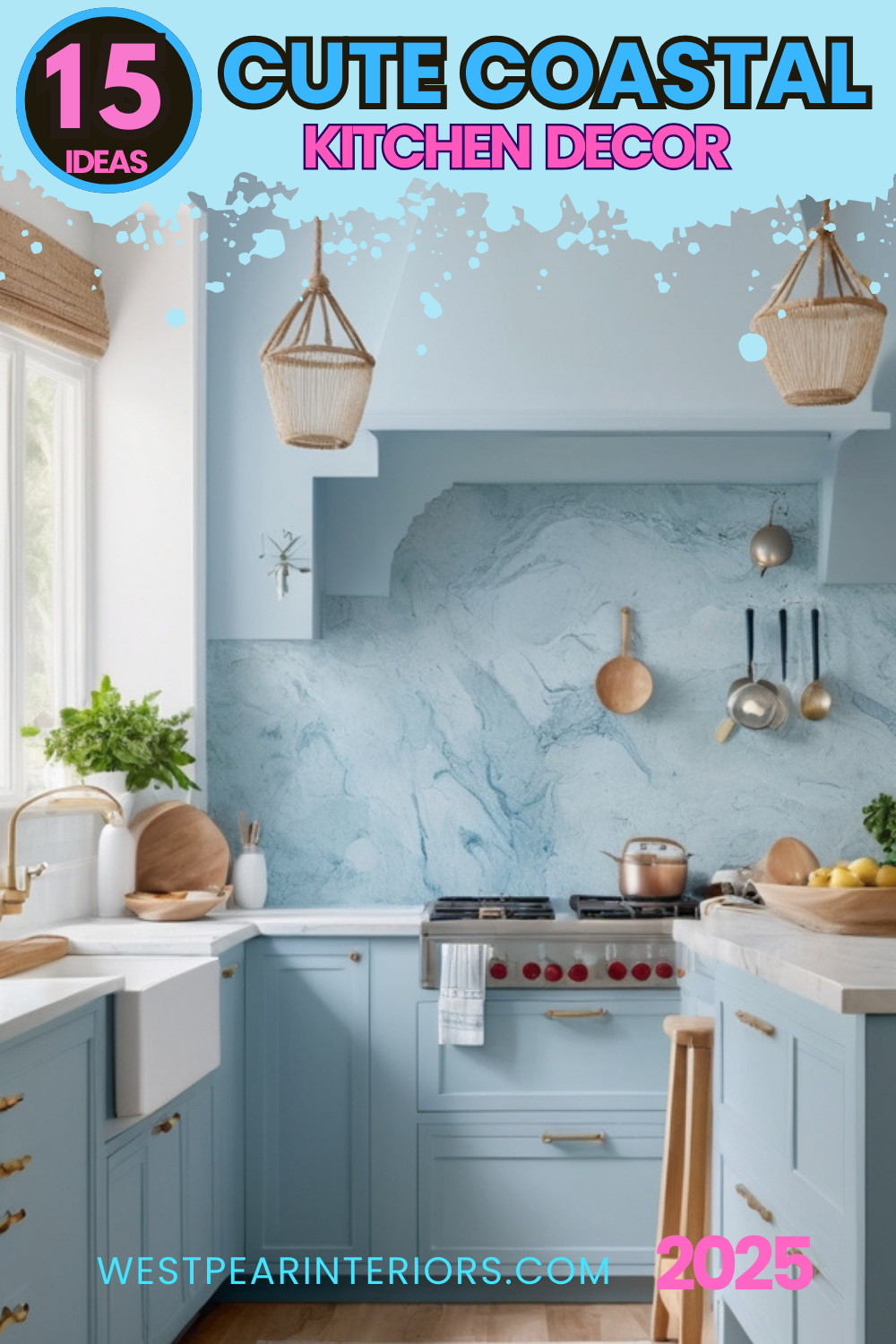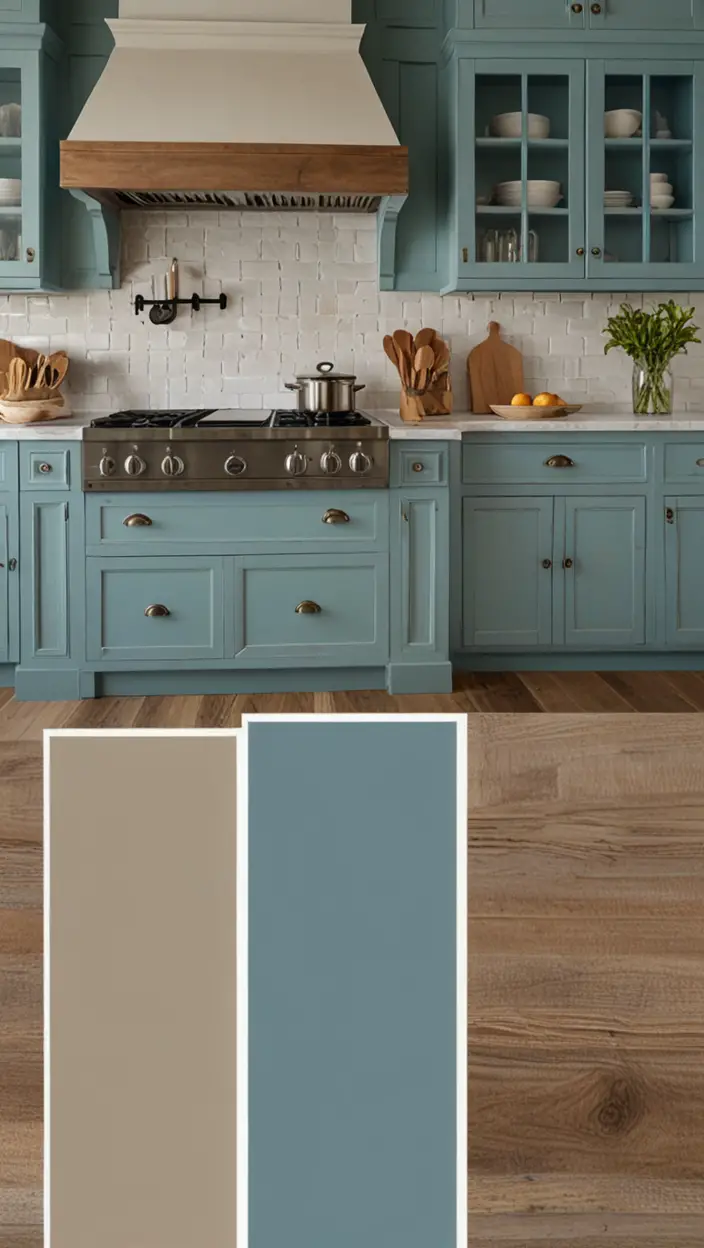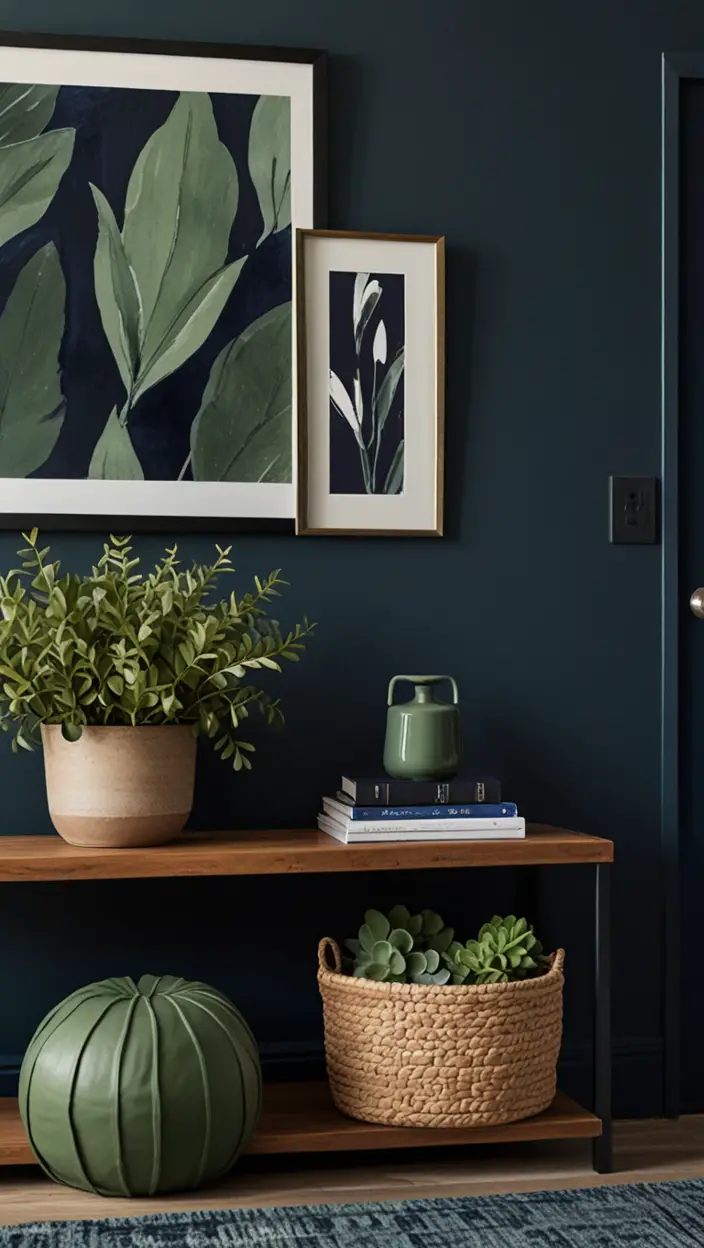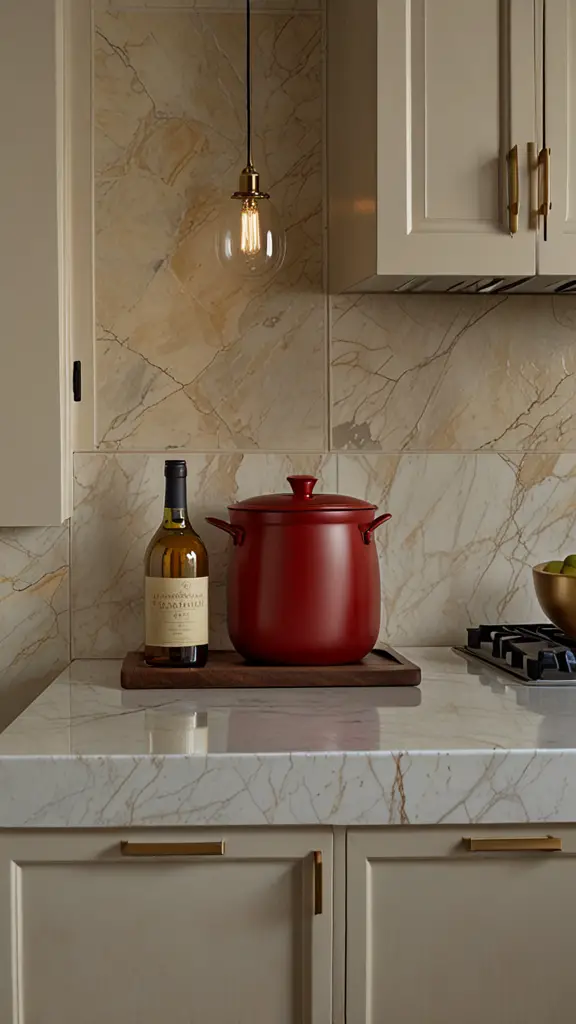Discover the secret to transforming your kitchen with either painted walls or wallpaper. Find out which option suits your style!
In a kitchen, both painted walls and wallpaper can enhance the overall decor. Painted walls offer a sleek and modern look while wallpaper can add texture and patterns. When choosing between the two, consider the overall style of your kitchen. If you prefer a minimalist and clean look, opt for a solid color paint. For a more cozy and inviting feel, wallpaper with a subtle pattern can work well. Make sure to match the colors to your kitchen cabinets and countertops. Additionally, consider the lighting in the kitchen as it can affect how the colors appear. Pro tip: Use primer paint for walls to ensure a smooth and long-lasting finish.
Pros and Cons of Wallpaper vs. Painted Walls in a Kitchen
When deciding between wallpaper and painted walls for your kitchen, it’s essential to consider the following factors:
- Wallpaper:
- Pros: Adds texture and pattern, conceals imperfections, easy to install, and offers a wide range of designs.
- Cons: Prone to peeling in humid environments, challenging to clean, may require professional installation, and can be more expensive upfront.
- Painted Walls:
- Pros: Easier to clean, cost-effective, variety of color options, easy to touch up, and can create a modern or classic look.
- Cons: Limited in terms of texture and pattern, may show imperfections on walls, and can require more frequent maintenance.
Determining the Best Color Scheme for Kitchen Walls
My Lovely Spring Paint for 2025
Ready for a Spring Makeover? Explore the Freshest 2025 Paint Trends!
White Sage/Green SW Pistachio green Soft blue Honeysweet/Orange Pink Sugar Sage Tint BMAs an Amazon Associate, I may earn a commission from qualifying purchases at no extra cost to you.
Choosing the right color scheme for your kitchen walls involves considering factors such as the size of the space, natural light, existing cabinetry, and personal preferences. Neutral tones like white, beige, or gray are versatile options that can complement various kitchen styles. Bold colors can add a pop of personality, while pastel shades create a soft and inviting atmosphere. Always test paint or wallpaper samples in the kitchen to see how they look in different lighting conditions.
Maintenance Tips for Wallpaper in the Kitchen
While wallpaper can enhance the aesthetics of your kitchen, it requires specific maintenance to prolong its lifespan. To protect wallpaper in a kitchen from moisture and grease, ensure proper ventilation, clean spills immediately, and avoid placing wallpaper near the stovetop or sink where water splashes are common. Regularly dusting or vacuuming the wallpaper can prevent dust buildup and maintain its vibrant appearance.
Peel-and-Stick Wallpaper as an Alternative
Peel-and-stick wallpaper offers a convenient alternative to traditional wallpaper in the kitchen. It is easy to apply, removable without causing damage to walls, and comes in a variety of designs. However, ensure the surface is smooth and properly primed before installing peel-and-stick wallpaper for optimal adhesion and longevity.
Trendy Design Ideas for Kitchen Walls
My fAV Spring DECOR for 2025
Discover Spring’s Best 2025 Decor Combinations – Perfect for Any Room!
Oversized Indoor Plants White Curved Sofas Rugs BOH Brown Cream Moroccan Hype Boho Rug Outdoor Patio Furniture Sets Topfinel Pillow CoversAs an Amazon Associate, I may earn a commission from qualifying purchases at no extra cost to you.
For a modern touch, consider geometric patterns, botanical prints, or metallic accents on kitchen walls. Mix and match textures like exposed brick, shiplap, or tile backsplashes to create visual interest. Incorporating open shelving or framed artwork can break up large wall spaces and add a personalized touch to the kitchen.
Preparing Walls before Applying Wallpaper or Paint
Prior to applying wallpaper or paint in the kitchen, ensure the walls are clean, dry, and free of any existing wallpaper or loose paint. Fill in cracks or holes with spackling compound, sand the surface for smoothness, and use a primer to enhance adhesion and durability. Proper wall preparation is crucial for achieving a professional and long-lasting finish.
Types of Paint Suitable for Kitchen Walls
When selecting paint for kitchen walls, opt for a durable and washable finish like satin or semi-gloss that can withstand frequent cleaning. Water-based paints are ideal for kitchens due to their quick drying time, low odor, and easy cleanup. Consider using mold-resistant paint in areas prone to high humidity, such as near the sink or cooking range, to prevent mildew growth.
Key Takeaways:
1. Consider pros and cons of wallpaper vs. painted walls to choose the best option for your kitchen.
2. Test color schemes in different lighting conditions to find the perfect palette for your kitchen walls.
3. Maintain wallpaper by cleaning spills promptly and preventing moisture exposure.
4. Explore trendy design ideas like geometric patterns and mixed textures for a stylish kitchen wall.
5. Prepare walls thoroughly before applying wallpaper or paint to ensure a professional finish.
6. Opt for durable and washable paint finishes suitable for kitchen walls, such as satin or semi-gloss.

